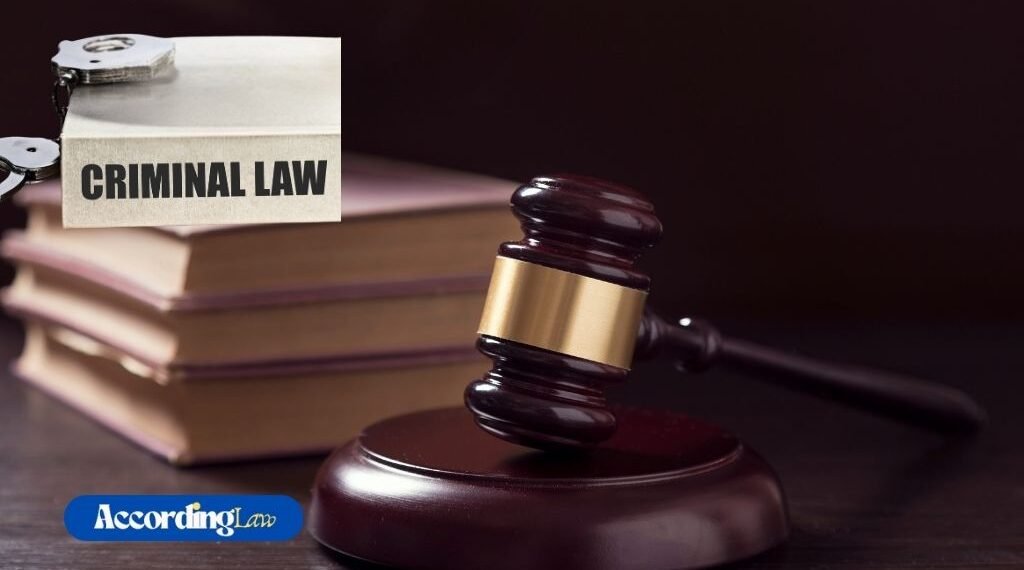Most criminal cases in Florida turn on what a jury believes beyond a reasonable doubt. It is the threshold that decides guilt or acquittal, and it is stricter than many people think.
“You do not need to prove innocence. The state must prove guilt clearly and convincingly. But jurors often misunderstand what “reasonable doubt” actually means in practice,” says Douglas I. Leifert, an established lawyer from the law offices of Leifert & Leifert.
This article explains how Florida law defines reasonable doubt and why it holds significant importance in court proceedings.
Table of Contents
How Florida Jury Instructions Define Reasonable Doubt
Florida courts use standardized instructions to help jurors grasp what reasonable doubt means. It is not a vague hunch or possible doubt. The law describes it as a fundamental, substantial uncertainty based on reason and common sense.
Jurors do not need to be 100 percent certain, but they must reach a moral certainty that the accused committed the crime. Doubt based on speculation or sympathy does not qualify.
Trial judges read this definition word-for-word during closing arguments. Every criminal case hinges on how jurors apply it to the evidence they hear.
Misconceptions Jurors Commonly Hold
Many jurors walk into court assuming they need to be sure to convict. That belief raises the bar far beyond what the law requires. The Sunshine State does not demand proof beyond a reasonable doubt.
Some also treat gut feelings or body language as hard evidence. Others view the defendant’s silence as suspicious, even though the right to remain silent is protected. Assumptions like these can skew a verdict.
Courts warn against bias, but in practice, old habits and TV courtroom dramas still influence juror expectations. Understanding the standard ahead of time helps avoid costly errors.
Role of Prosecutors in Meeting the Burden
The prosecutor carries the full weight of proving guilt beyond a reasonable doubt. Every claim must tie directly to evidence, not theory.
No obligation ever shifts to the defense. Prosecutors must build a logical, fact-based case that leaves little room for doubt grounded in reason.
Experienced prosecutors know how to present clear timelines, match forensic details, and highlight motive or intent. Weak or inconsistent proof can leave a jury unconvinced, and that is all it takes.
Case Law That Shaped Florida’s Standard
Florida courts have refined the meaning of reasonable doubt through decades of rulings. In In re Standard Jury Instructions in Criminal Cases, the Supreme Court emphasized the importance of clarity and uniformity in explaining the standard to jurors.
The state moved away from metaphors like “moral certainty” after concerns about confusion. Precision became a legal priority, especially in death penalty cases.
Decisions like Cool v. United States and Cage v. Louisiana, though not Florida cases, also influenced local interpretations. Courts now focus more on removing ambiguity than adding colorful language. Jury instructions reflect that shift directly.
Defense Tactics That Leverage the Threshold
Defense attorneys do not need to prove innocence. They only need to show where the state’s case falls short of removing doubt based on reason.
Pointing out gaps, contradictions, or missing links can shift the focus. A single unclear detail in a timeline or witness statement can carry weight. That’s often where reasonable doubt finds footing.
Attorneys often target how evidence is collected or interpreted. If doubt exists in the mind of just one juror, the entire case can end in acquittal. Strategic framing matters more than emotional appeals when using the threshold to a client’s advantage.
Final Remarks
Jury trials run on the core principle that proof must rise above doubt and be grounded in reason. Everything else, from testimony to forensics, feeds into that line.
Whether you are defending a case or following one from the sidelines, understanding that line changes how you see the courtroom and everything that happens inside it. Florida’s system builds the weight of justice right into the standard itself.


